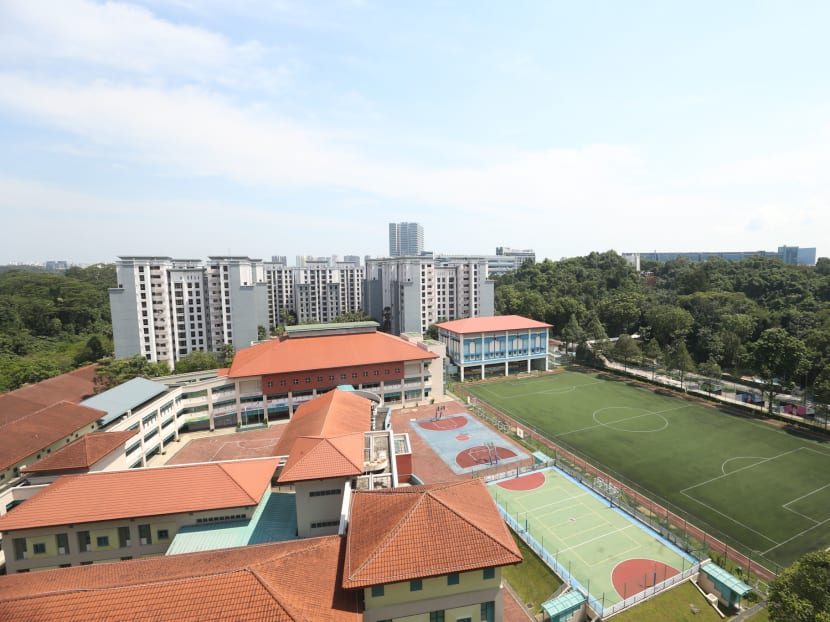A surprising discovery of how Singapore schools are championing environmental sustainability
Covid-19 has underscored the importance of social and environmental responsibility in ensuring a sustainable future, especially in a small city-state like Singapore. The pandemic reminds us of the need to respect and co-exist with nature, and to care for one another for our common good.

Education in school plays a crucial role in preparing future generations to be environmentally responsible, says the writer.
Covid-19 has underscored the importance of social and environmental responsibility in ensuring a sustainable future, especially in a small city-state like Singapore.
The pandemic reminds us of the need to respect and co-exist with nature, and to care for one another for our common good.
Education in school plays a crucial role in preparing future generations to be environmentally responsible.
It is heartening to learn from the Programme for International Student Assessment’s 2018 study that more than eight in 10 15-year-old Singapore students were confident of explaining issues related to climate change and were reducing energy consumption at home to help conserve the environment.
The Conservation Sentiments Survey by Wildlife Reserves Singapore in May this year found that younger Singaporeans were far more likely to support wildlife conservation than older ones.
These findings could be the outcomes of how our schools are teaching students to care for wildlife and the environment.
The link between wildlife conservation and environmental sustainability is explained by the co-authors of an article “How do we prevent the next outbreak” in the Scientific American in March.
“The health of all life on the planet is connected. The Covid-19 outbreak starkly reminds us of a basic fact that cannot be ignored: Human, animal, plant and environmental health and well-being are all intrinsically connected and profoundly influenced by human activities,” they wrote.
Deforestation and loss of biodiversity have driven animals out of their natural habitats and closer to human populations, increasing the chances of cross-species contagion.
As a concerned Merdeka Generation Singaporean, I am interviewing 10 schools across different levels for my next book on how Singapore schools are teaching our young to save our planet, to help inspire other schools to follow their shining examples.
From my primary research so far, I am pleasantly surprised to learn of the extent of the schools’ long journeys and achievements in environmental sustainability.
It is evident that their students are experiencing and connecting with plants and wildlife in schools and learning to be environmentally responsible.
The schools have adopted environmentally friendly practices, such as installing solar panels as a source of renewable energy, infused environmental topics in the academic curriculum and are promoting environmental sustainability in the community.
Some of the schools’ green facilities such as eco-trails serve as outdoor classrooms, where students can learn from their close encounters with nature.
Teachers are practising what they teach in conserving water and energy, and in recycling paper and e-waste. They thus serve as examples for students to follow.
Students practise caring for the environment in school like not wasting water and food, learn to teach environmental sustainability to schoolmates, and reach out to engage the wider community as green ambassadors.
I am looking forward to visiting more schools to learn more, Covid-19 permitting.
Have views on this issue or a news topic you care about? Send your letter to voices [at] mediacorp.com.sg with your full name, address and phone number.









